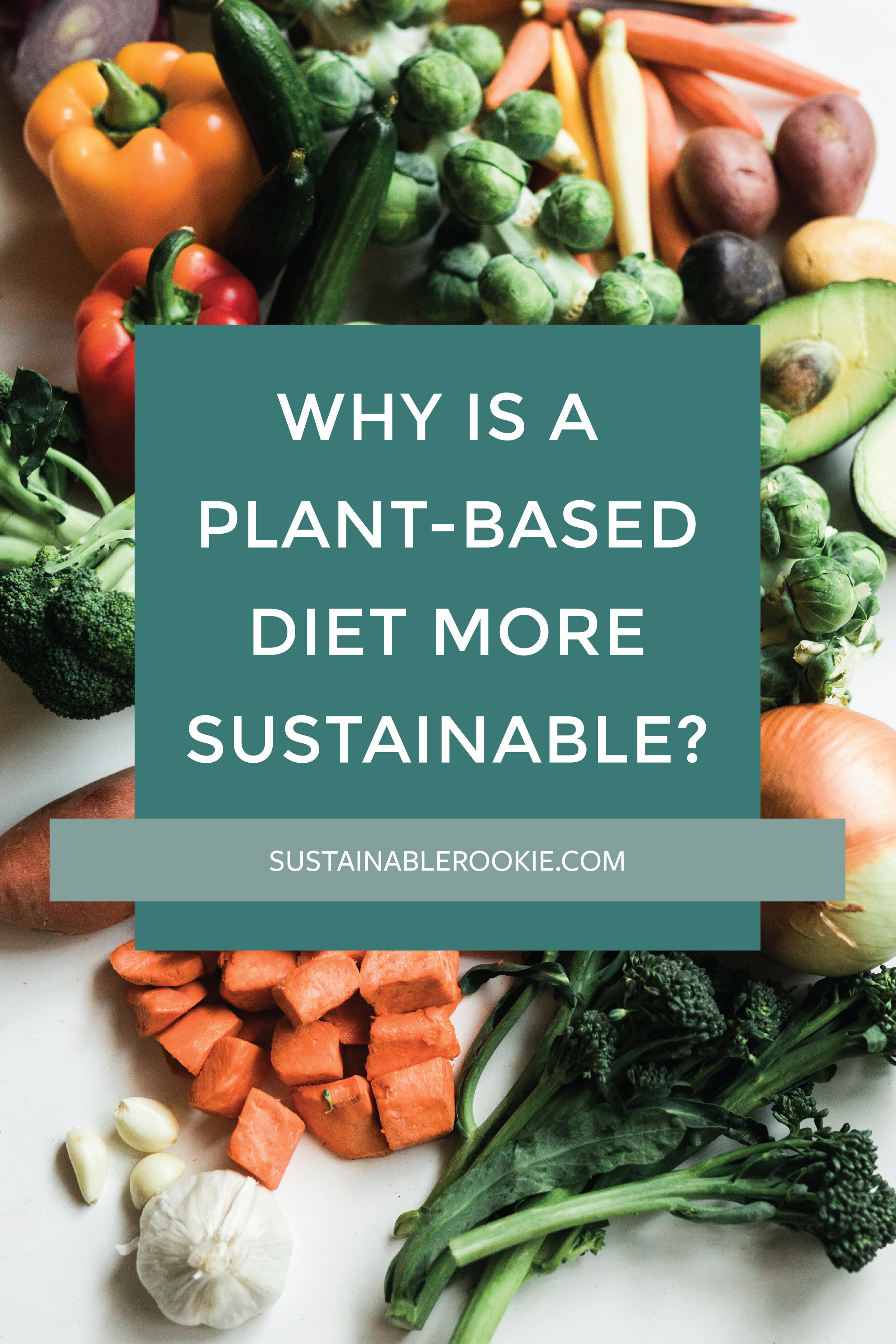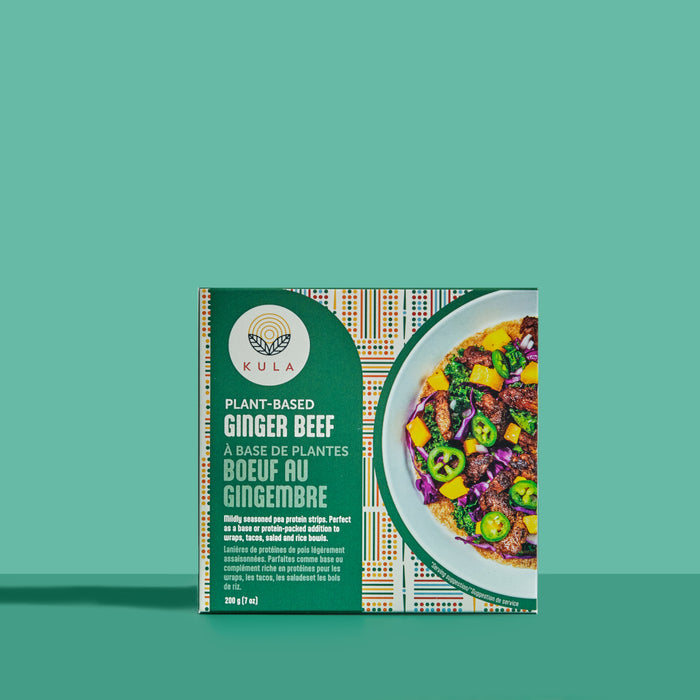Tips for Hosting a BBQ Using Only Gluten Free BBQ Sauce and Vegan Ingredients
Tips for Hosting a BBQ Using Only Gluten Free BBQ Sauce and Vegan Ingredients
Blog Article
Everything About Healthy And Balanced Food: Benefits of Taking On Plant Based Options
The discussion bordering plant-based diet regimens has actually acquired significant attention in recent times. Several people are checking out the potential health advantages, nutritional advantages, and ecological effects connected with these dietary selections. As people become extra familiar with their food's influence on well-being and sustainability, inquiries develop about the practicalities of taking on such a way of life. What particular changes can one expect, and how might these selections reshape not only individual health and wellness but also the world's future?
Understanding Plant-Based Diet Regimens
Lots of individuals connect plant-based diet regimens generally with vegetarianism or veganism, these diet regimens can encompass a large variety of eating patterns that focus on entire, minimally processed plant foods. Such diet regimens typically consist of fruits, vegetables, entire grains, seeds, beans, and nuts, while limiting or getting rid of animal items. This flexibility enables people to customize their dietary options according to individual choices and nutritional requirements. Some might take on a mainly plant-based diet plan while still periodically consuming meat or dairy, commonly described as a flexitarian approach. The focus stays on integrating even more plant foods, which can bring about a diverse range of tastes and dishes. Recognizing these various interpretations of plant-based eating is vital for valuing its access and appeal in contemporary food culture.
Health Advantages of Plant-Based Foods
The health benefits of plant-based foods are considerable, using a nutrient thickness benefit that sustains total health. Study shows that these foods can enhance heart wellness and play a necessary duty in reliable weight monitoring. By including extra plant-based alternatives, people might improve their dietary options and promote long-term health.
Nutrient Thickness Benefit
Nutrient density plays a vital function in the health benefits of plant-based foods, making them an engaging selection for those seeking a balanced diet. Plant-based foods, such as fruits, veggies, beans, nuts, and whole grains, are typically rich in essential vitamins, minerals, and anti-oxidants while being reduced in calories. This high nutrient density allows people to take in fewer calories while still meeting their dietary demands. Furthermore, these foods are packed with nutritional fiber, promoting gastrointestinal health and assisting in weight administration. By incorporating nutrient-dense plant-based alternatives, customers can enhance their total health and wellness, support their body immune systems, and minimize the risk of persistent diseases. Inevitably, the nutrient density of plant-based foods underscores their relevance in a health-conscious way of life.
Heart Wellness Enhancement

Weight Management Assistance
Along with advertising heart health, a plant-based diet regimen can considerably assist in weight administration. This nutritional method stresses whole foods such as fruits, veggies, legumes, nuts, and entire grains, which are generally lower in calories and greater in fiber compared to animal-based items. The high fiber web content assists increase satiety, lowering general calorie consumption. Plant-based diets are often abundant in important nutrients while reduced in harmful fats, making it much easier to preserve a healthy and balanced weight. Research suggests that individuals that adopt a plant-based lifestyle have a tendency to have reduced body mass indexes (BMIs) and experience even more effective weight-loss contrasted to those who take in meat-heavy diet regimens. Subsequently, embracing plant-based options is a calculated selection for reliable weight monitoring
Nutritional Value of Plant-Based Active Ingredients
Plant-based active ingredients are abundant in essential nutrients, offering a diverse range of vitamins, minerals, and antioxidants that add to overall health. A comparison of protein resources discloses that while pet items are usually watched as superior, several plant-based alternatives give ample healthy protein and various other useful compounds. Find Out More Understanding the nutritional worth of these active ingredients can assist individuals make notified dietary selections.
Crucial Nutrients in Plants
Nutrient-rich active ingredients discovered in plants use a diverse array of essential nutrients that add considerably to overall health. These discover here active ingredients are rich in vitamins A, C, and K, which sustain immune feature, vision, and blood clotting, respectively. Additionally, plants give vital minerals such as magnesium, calcium, and potassium, important for heart health, muscular tissue function, and bone strength. The existence of fiber in plant-based foods aids food digestion and promotes a healthy and balanced digestive tract microbiome. Anti-oxidants, found perfectly in veggies and fruits, assistance combat oxidative anxiety and decrease swelling. Furthermore, several plant foods are low in calories yet high in nutrients, making them an excellent option for those looking for to preserve a healthy and balanced weight while guaranteeing excellent nutrient intake.
Contrasting Protein Sources
Healthy protein resources vary significantly in their nutritional accounts, with plant-based ingredients providing unique benefits. Unlike pet proteins, which often contain hydrogenated fats and cholesterol, plant healthy proteins tend to be reduced in these undesirable elements. Legumes, nuts, seeds, and whole grains are abundant in vital amino acids, fiber, vitamins, and minerals. Lentils provide high protein content together with considerable iron and folate, while quinoa is a full healthy protein, using all 9 necessary amino acids. Furthermore, plant-based proteins are frequently accompanied by anti-oxidants and phytochemicals that support overall wellness. The shift to plant-based healthy protein resources not just enhances nutritional consumption but additionally aligns with lasting dietary methods, lowering ecological impact and promoting lasting health advantages.
Ecological Effect of Plant-Based Consuming
As awareness of climate adjustment expands, lots of individuals are checking out lasting nutritional selections that can significantly minimize their environmental impact. Plant-based eating has become a substantial contributor to minimizing greenhouse gas exhausts, which are primarily connected with animals manufacturing. The cultivation of fruits, vegetables, grains, and vegetables commonly calls for fewer sources, such as water and land, contrasted to pet farming. Additionally, plant-based diets can cause lowered logging, as much less land is required for grazing animals or expanding animal feed. By shifting towards plant-based alternatives, customers can sustain biodiversity and promote healthier ecosystems. Overall, embracing plant-based eating not only benefits personal health but additionally stands for a crucial action towards environmental sustainability and conservation efforts.
Overcoming Common Misconceptions
While many individuals identify the advantages of a plant-based diet regimen, a number of false impressions usually deter them from totally welcoming this way of living. A typical belief is that plant-based diets do not have enough healthy protein; nevertheless, various plant sources, such as beans, nuts, and tofu, give adequate protein. Additionally, some think that this diet regimen is costly, when in truth, staples like beans, rice, and seasonal vegetables can be fairly budget friendly. Another mistaken belief is that plant-based eating is excessively restrictive, whereas it really provides a varied array of foods and tastes. Lastly, numerous fret that a plant-based diet may lead to shortages, yet with correct preparation, individuals can get all needed nutrients, including minerals and vitamins, while enjoying a wide range of delicious dishes.
Tips for Transitioning to a Plant-Based Way of living
Making the shift to a plant-based way of living can be an enriching experience, though it usually needs some advice to navigate the preliminary adjustments. Individuals are motivated to begin progressively, incorporating more fruits, veggies, beans, and whole grains right into their dishes while reducing meat and dairy usage. Dish preparation is essential; preparing a regular food selection can aid ease the change and avoid final harmful selections. Exploring cooking techniques and new recipes can likewise improve the experience and preserve excitement about plant-based eating. Furthermore, joining support system or neighborhoods can offer motivation and share important ideas. Staying notified about nutrition guarantees well balanced dishes, stopping deficiencies while fostering a healthy, enjoyable plant-based way of living.

Delicious Plant-Based Meal Concepts
Exploring tasty plant-based dish concepts can motivate people to embrace an extra healthy diet regimen. One popular choice is a passionate quinoa salad, including cherry tomatoes, cucumber, and a zesty lemon-tahini dressing. One more fave is a savory lentil stew, packed with carrots, celery, and aromatic natural herbs, excellent for a comforting dinner. For breakfast, over night oats made with almond milk, chia seeds, and covered with fresh berries give a nourishing start to the day. Furthermore, a lively vegetable stir-fry with tofu and a selection of vivid veggies can be a quick yet satisfying meal. Velvety avocado toast on whole-grain bread, sprinkled with seeds and seasonings, uses a basic yet tasty treat. These dishes showcase the range and richness of plant-based eating.

Regularly Asked Concerns
Can a Plant-Based Diet Supply Sufficient Protein?
The concern of whether a plant-based diet plan can give sufficient protein prevails. Numerous sources, consisting of legumes, nuts, seeds, and entire grains, can meet healthy protein needs properly, supporting a well balanced and healthy diet regimen for individuals.
Are Plant-Based Diet Regimens Suitable for Kid?
The suitability of additional resources plant-based diet plans for children depends upon careful planning. Ample nutrients should be assured, including minerals, healthy proteins, and vitamins. With appropriate guidance, such diet plans can sustain healthy growth and advancement in youngsters.
How Do I Eat Out on a Plant-Based Diet regimen?
Eating in restaurants on a plant-based diet plan entails seeking restaurants with diverse food selections, asking for modifications, and checking out vegan-friendly alternatives. Planning ahead and interacting dietary choices can enhance the dining experience while preserving nutritional selections.
What Prevail Allergens in Plant-Based Foods?
Typical irritants in plant-based foods consist of soy, gluten, nuts, and seeds - Plant Based Chicken. Individuals complying with a plant-based diet regimen needs to know these allergens and read labels meticulously to avoid unfavorable reactions and ensure safe usage
Can Plant-Based Diets Aid With Fat Burning?
Study shows that taking on a plant-based diet regimen might assist in weight-loss due to its normally lower calorie density and greater fiber content. This mix can improve satiety, assisting individuals manage their caloric consumption effectively. Many individuals link plant-based diets mostly with vegetarianism or veganism, these diet regimens can incorporate a broad array of eating patterns that focus on whole, minimally processed plant foods. Nutrient density plays a crucial duty in the health and wellness benefits of plant-based foods, making them a compelling selection for those looking for a balanced diet. Plant-based diet regimens have actually been shown to considerably improve heart wellness, as they commonly consist of elements that sustain cardio function. In enhancement to promoting heart health, a plant-based diet regimen can significantly aid in weight monitoring. A typical belief is that plant-based diet regimens lack enough protein; however, many plant sources, such as beans, nuts, and tofu, supply ample protein.
Report this page